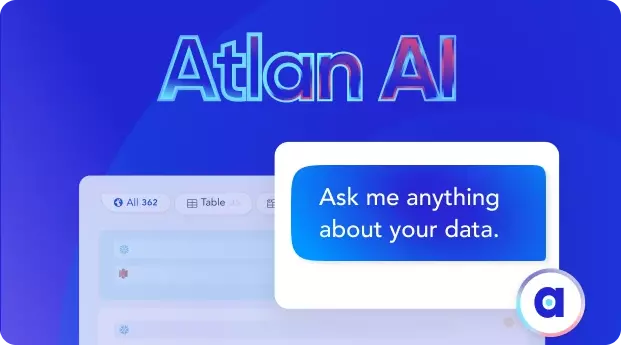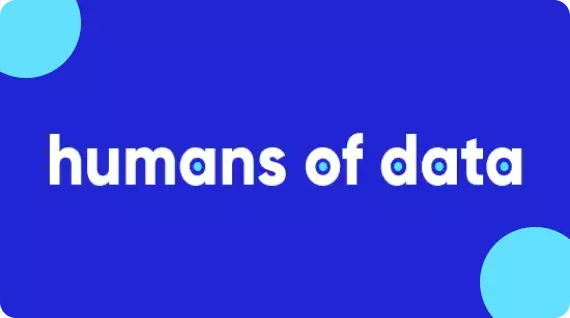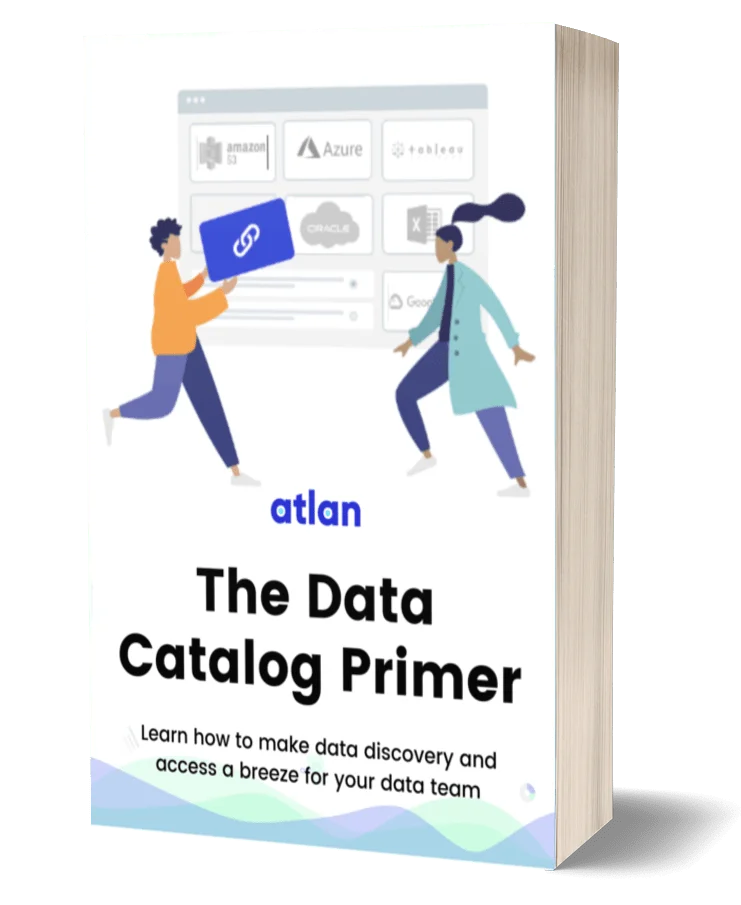DataOps vs. DevOps: What are the Key Differences?

Share this article
DataOps Vs DevOps: key differences #
The main difference is that DevOps is a method of accelerated software development that primarily leans on greater collaboration between the development and operations teams. On the other hand, DataOps is a collective effort by data professionals, managers, and other data users to improve communication, automation, and data flow integration within an organization.
The differences between DataOps and DevOps are summarized using this table.
| Aspect | DataOps | DevOps |
|---|---|---|
| Definition | The processes involved in extracting high-quality data to deliver business insights | The processes involved in building and shipping software at the fastest pace possible, without compromising on performance or reliability |
| Goal | Brings together data scientists, data engineers, IT ops, and business leaders | Brings together the development team (coders, engineers, testers) and the IT ops team in charge of deployment or delivery |
| The role of automation | Applies automation to metadata management, interactions between the system and the user, data governance, multi-cloud integration and data curation | Applies automation to testing, release management, version control, network configuration and machine configuration |
| The purpose of collaboration | All concerned stakeholders always receive feedback in sync (and near real-time) and act to refine their assets accordingly | All stakeholders draw insights from new data as it flows into the system and refine their assets based on results |
| Benefits | Reduces the time from data acquisition to insight, while improving data quality, fast-tracking metadata identification and simplifying governance | Enables shorter and more frequent iterations in product creation, speeding up the journey from ideation to delivery and also fixing deployment issues |
Table 1: Key Differences Between DataOps and DevOps
Table of contents #
- DataOps Vs DevOps: key differences
- What is DevOps?
- What is DataOps?
- DataOps principles
- DataOps vs. DevOps vs. MLOps
- DataOps and DevOps: conclusion
- DataOps and DevOps: related reads
DataOps and DevOps are often perceived as the same since they both apply Agile practices. However, they’re quite different. Here’s the short version of the differences between DataOps vs. DevOps.
DevOps stands for “Developer Operations” and refers to applying agile practices to deliver software continuously (CI/CD) with better collaboration between the software development and IT operations teams. The DevOps movement started in 2007-2008.
Meanwhile, the term DataOps, short for “Data Operations”, has been in use since 2014, when it appeared in a blog post by Lenny Liebmann on the IBM Data and Analytics Hub. Thanks to others like Andy Palmer of Tamr and Steph Locke, it has gained more popularity.
Gartner defines DataOps as:
A collaborative data management practice focused on improving the communication, integration and automation of data flows between data managers and data consumers across an organization.
This article will further explore these concepts, their differences, and their interrelationships.
But, first, let’s start with the older of the two ideas — DevOps.
What is DevOps? #
DevOps is a method of accelerated software development that primarily leans on greater collaboration between the development and operations teams.
The result is an environment where coders, testers, engineers, and IT operations personnel work together towards a single objective — developing and shipping software quickly and frequently.
DevOps involves many unique principles and techniques, such as:
- Automation: Automate some aspects of testing, code generation, documentation and notifications, scheduling, and more
- Customer-centricity: Ascertain the smallest possible versions of a product or feature that you can put out to understand how customers interact with your product. This helps you confirm or discard your assumptions about the product or feature.
- Creation focused on the end goal: Focus on the problem you want your product to solve, along with a few other product attributes, such as the time taken to solve the problem, the steps involved, and the security of the entire process.
- Collaboration: Build a single cross-functional team, handling both the front-end and back-end of the product, with heightened autonomy. Encourage the people involved to be more forthcoming about what they are working on, their progress, and their challenges. Also, ensure that they’re receptive to any advice on how to improve.
- Continuous improvement: After receiving feedback, start a new development iteration to eliminate unnecessary procedures and techniques, while introducing novel ones to tackle new problems.
Before we explore DataOps and then DataOps vs. DevOps, let’s get another confusion out of the way — MLOps vs. DevOps.
Is MLOps a part of DevOps? #
MLOps is different from DevOps because it combines the field of machine learning with DevOps principles.
An MLOps process involves the following phases:
- Designing an ML-powered application: Understand the business and data requirements to develop ML use cases and design an ML-powered application that improves user productivity or interactivity
- ML experimentation and development: Implement the PoC (proof-of-concept) for the ML app (from the previous phase) in iterations to deliver a stable, reliable, and high-quality ML model
- ML operations: Send the model (from the previous two phases) to production using the DevOps principles of CI/CD, continuous training (automatically retrain ML models), and monitoring
According to Ori Cohen, the lead researcher at NewRelic:
MLOps can practically mean everything related to that space around that small box of machine learning. You could start with data and engineering. Data science analysis, DevOps infrastructure systems, experiment management…Two or three years ago, a lot of companies were doing experiment management. Now it also means monitoring and observability for data and data pipelines.
MLOps borrows from DevOps practices, especially to:
- Set up and prioritize the right ML use cases
- Reduce the time in detecting data issues
- Identify collaboration opportunities
- Shorten the time from raw idea to finished product with automation, reproducibility, CI/CD pipelines, monitoring, documentation, and other DevOps practices
Now let’s look at DataOps.
What is DataOps? #

DataOps Representation Image Source: Snowflake
DataOps is a collective effort by data professionals, managers, and other data users to improve communication, automation, and data flow integration within an organization.
According to Gartner, the goal of DataOps is to deliver value faster by creating predictable delivery and change management of data, data models, and related artifacts.
Since implementing DataOps spans the entire data lifecycle, it isn’t restricted to data engineers.
DataOps principles #
DataOps borrows from several existing principles such as:
- The Agile methodology
- DevOps
- Lean manufacturing
Let’s explore each principle further.
#1- The Agile methodology #
The Agile approach speeds up software delivery by encouraging DevOps teams to develop as they test.
In DataOps, this approach helps build reliable models faster.
Let’s say you want to estimate the annual revenue from running a fresh foods shop. You come up with a model that:
- Lays out different crops and their prices
- Specifies which ones are seasonal or available all year
- Shows the availability of the seasonal ones in terms of months
You then realize that if climate patterns change, the seasonal ones could be even less available.
Now, let’s say these patterns haven’t changed substantially in the last five years to affect the availability of seasonal crops.
So, you can start with a model that doesn’t involve weather/climate data and make your projections using that version. Then, as the impact of climate becomes more significant, you can run new tests to see how far off your model is, then add the climate aspect and retest.
As a result, you aren’t bogged down by the numerous possibilities. Instead, you proceed with what’s relevant at the moment. Further down the road, you could even include data on the shelf-life of each product. That’s the Agile principles in action.
#2- DevOps #
As mentioned earlier, DevOps brings the development and operations teams together, encouraging the consideration of smooth deployment when building software.
Similarly, data scientists need engineering or IT teams when deploying their models.
So, DataOps can borrow from DevOps by encouraging collaboration between data science and engineering teams.
This will foster an environment where the data scientists have a shorter path to deploying models and self-executed analysis. Meanwhile, engineers have a thorough understanding of the business impact of their actions.
#3- Lean manufacturing #
Traditionally, this concept emphasized dealing only with the required raw materials for the task at hand and focusing on the most critical components when rolling out the first versions of a product.
DataOps practitioners can adapt this thinking for the data universe by focusing on the most urgent actions for data to move from the source to the destination. This could be a format change, a filter, labeling, or dispersal to different recipients.
As the need for more actions arises, they can then revisit the established journey to insert these new actions and the resources/applications needed.
To know more about DataOps, its principles, and its benefits to data teams, check out this in-depth article.
DataOps vs. DevOps vs. MLOps #
Now let’s compare all three concepts — DataOps vs. DevOps vs. MLOps — using this table.
| Aspect | DataOps | DevOps | MLOps |
|---|---|---|---|
| Definition | The processes involved in extracting high-quality data to deliver business insights | The processes involved in building and shipping software at the fastest pace possible, without compromising on performance or reliability | The processes involved in building and operationalizing machine learning (ML) models |
| Goal | Brings together data scientists, data engineers, IT ops, and business leaders | Brings together the development team (coders, engineers, testers) and the IT ops team in charge of deployment or delivery | Brings together data scientists, machine learning engineers, and IT ops |
| The role of automation | Applies automation to metadata management, interactions between the system and the user, data governance, multi-cloud integration and data curation | Applies automation to testing, release management, version control, network configuration and machine configuration | Applies automation to the deployment of ML models, model training, event monitoring, messaging and data modifications |
| The purpose of collaboration | All concerned stakeholders always receive feedback in sync (and near real-time) and act to refine their assets accordingly | All stakeholders draw insights from new data as it flows into the system and refine their assets based on results | Live collaboration helps in keeping track of experiments and changes to the model registry, code, and metadata |
| Benefits | Reduces the time from data acquisition to insight, while improving data quality, fast-tracking metadata identification and simplifying governance | Enables shorter and more frequent iterations in product creation, speeding up the journey from ideation to delivery and also fixing deployment issues | Facilitates the automation of ML workflows while improving their effectiveness |
Table 2: Key Differences Between DataOps, DevOps, and MlOps
The definitions and differences between DataOps and DevOps are discussed in Data Engineer’s Lunch.
DataOps and DevOps: conclusion #
As we wrap up, it is essential to remember that both DataOps and DevOps aim to increase delivery speed without compromising quality or security.
While we’ve explored the differences between DataOps and DevOps, the similarities are worth noting.
These include:
- Identifying bottlenecks in the way your organization tackles a project
- Uniting all the stakeholders who can affect each other’s results
- Soliciting customer feedback
- Being customer-centric when making changes and eliminating unnecessary procedures and entities to increase autonomy
Whether you’re harnessing DevOps and DataOps internally from scratch, these tenets remain important or adopting DataOps as a service.
Want to understand more about the benefits of DataOps and MLOps in setting up and managing your modern data stack?
Here are some quick links to the demo, or best, speak to Team Atlan and discuss all your evaluation queries directly.
DataOps and DevOps: Related reads #
- What is DataOps? - 9 Principles & Framework to Implement It
- Data Engineer’s Lunch #20 : DataOps vs. DevOps
- What is DataOps & How Does it Help Data Management?
- DataOps vs. DevOps: Key Differences and Similarities
- Data Catalog: Does Your Business Really Need One?
- Data Catalog for DataOps: 7 Key Capabilities to Consider
- The Forrester Wave™: Enterprise Data Catalog for DataOps, Q2 2022
Photo by Damian Zaleski on Unsplash
Share this article










